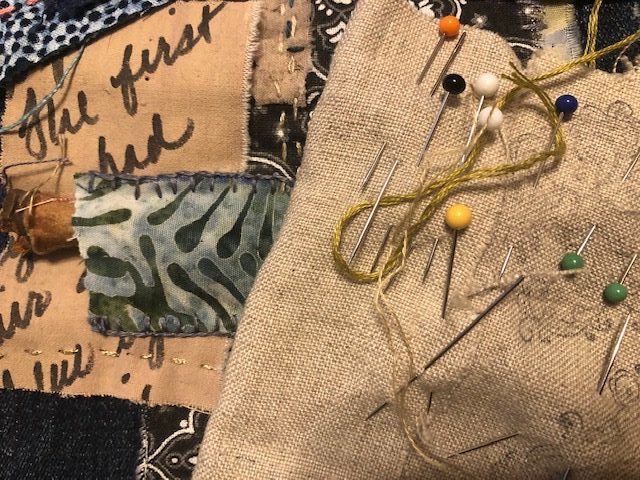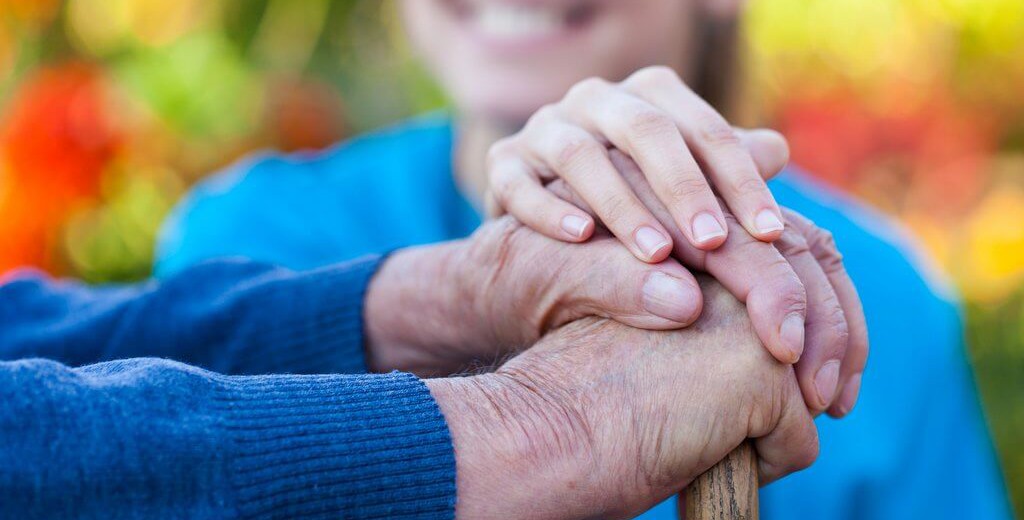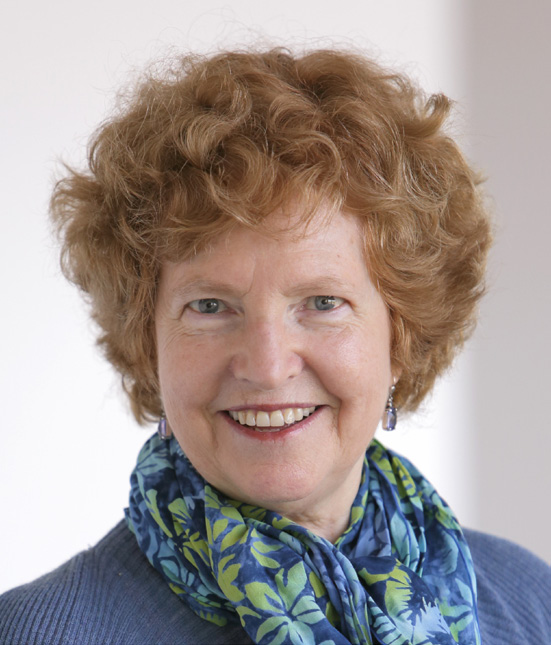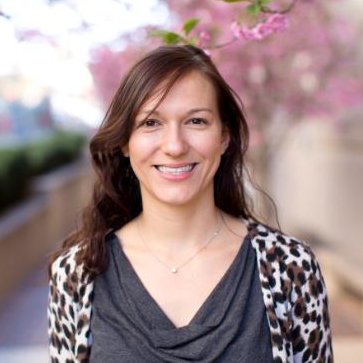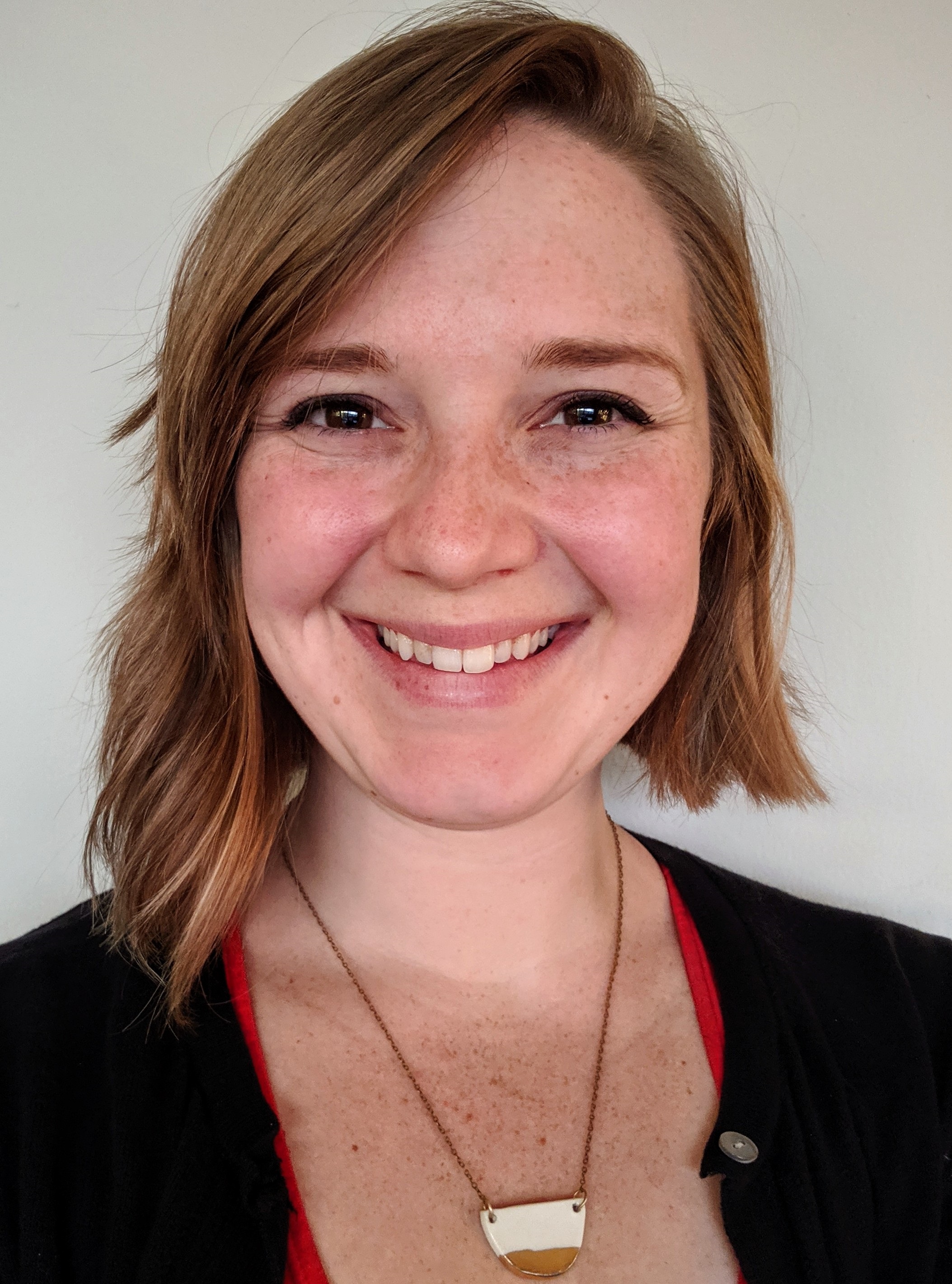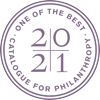This program is being offered virtually through Zoom. In order to participate and receive the Zoom link, register by clicking the RSVP button above or by emailing programs@smithcenter.org.
You will receive the Zoom information no later than the morning of your program.
with Kiersten Gallagher
In Partnership with The Arts and Humanities Program at MedStar Georgetown University Hospital

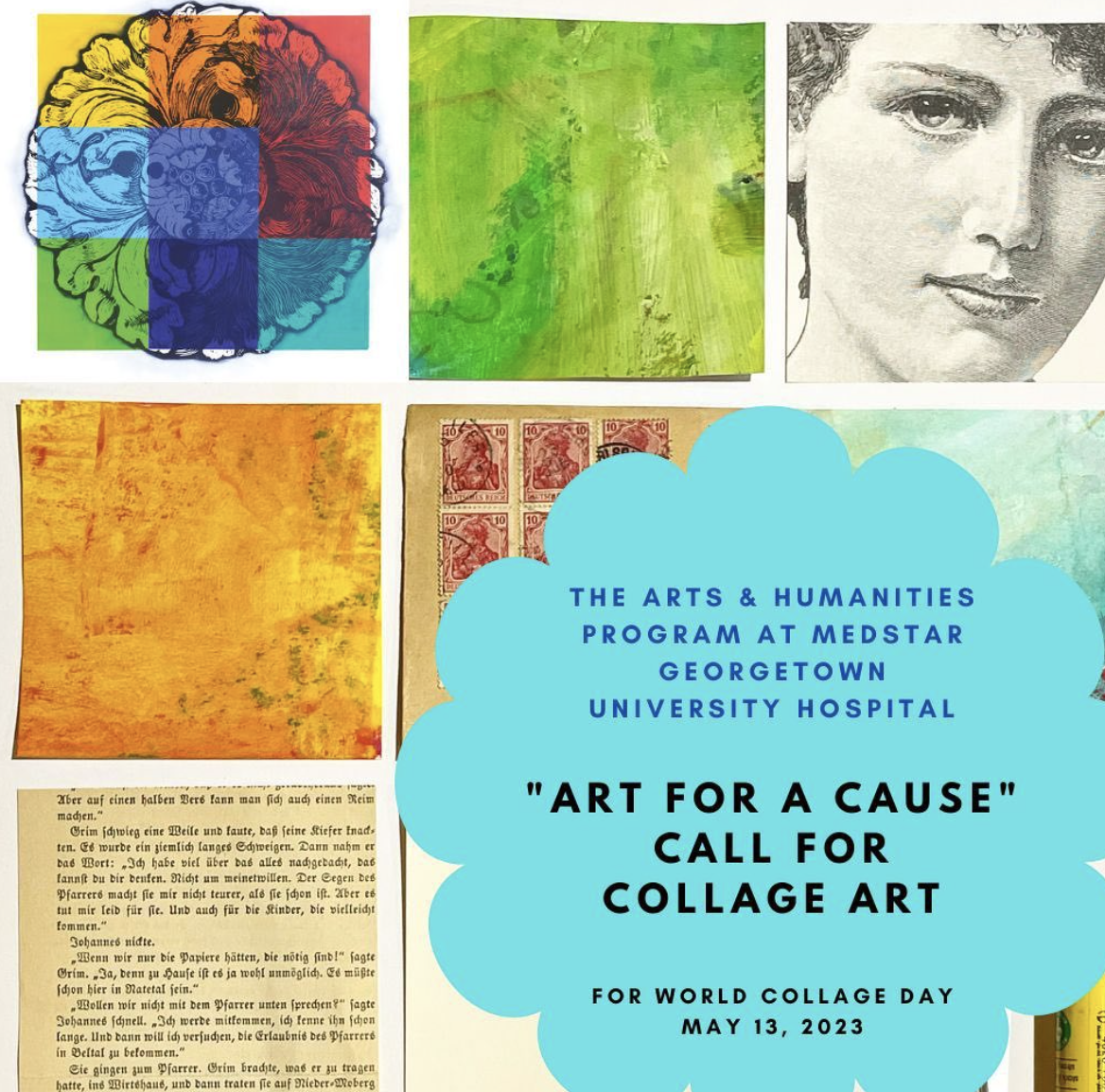
Creative expression has often been used in the healing process and it is at the core of Smith Center’s philosophy, but fear of judgment and “not being an artist” can often prevent us from tapping into its healing power. Join us for Outside the Lines, where a facilitator will help you reclaim art-making as a healing tool through guided creative projects. Participants who feel comfortable working on their own projects are also welcome to do so.
For this month’s session, we will be creating collages for The Georgetown Lombardi Arts and Humanities Program (AHP) at MedStar Georgetown University Hospital’s Call for Art.
The Arts and Humanities Program at MedStar Georgetown University Hospital (AHP) invites us to create 4×4-inch collage art for its first ever Call for Art: “Art for a Cause”. This is a call specifically for collage art in conjunction with World Collage Day (May 13) 2023.
All works submitted will be displayed and then made available to patients, caregivers, their families, and hospital staff. Each work will be attached to a blank greeting card and will have a sticker indicating that it is original art generously donated to the hospital community. Works will not be sold nor returned to the artists.
If you have any questions about the Call for Art, please contact jenniferwilkinpenick@gmail.com directly.
Outside the Lines is held Bi-Monthly on Wednesdays from 10:30am – 12:00pm. The Social Hour sessions will only run from 10:30-11:30am.
Upcoming sessions:
- March 15
- April 26
- May 17
Suggested donation: $10 per class
Our programs are open to the community, and tailored to meet the needs of people affected by cancer. Classes and workshops are free or low cost on a pay-as-you-can basis, ensuring that our programs are accessible to everyone.
About Kiersten Gallagher

As the Cancer Support Program Director, Kiersten fully believes that through the arts we can expand our perspectives and explore new fulfilling ways of being. She invites you to make our space your own refuge, to circumvent your daily routine to spark creativity, to take time for introspection, and draw outside the lines.

